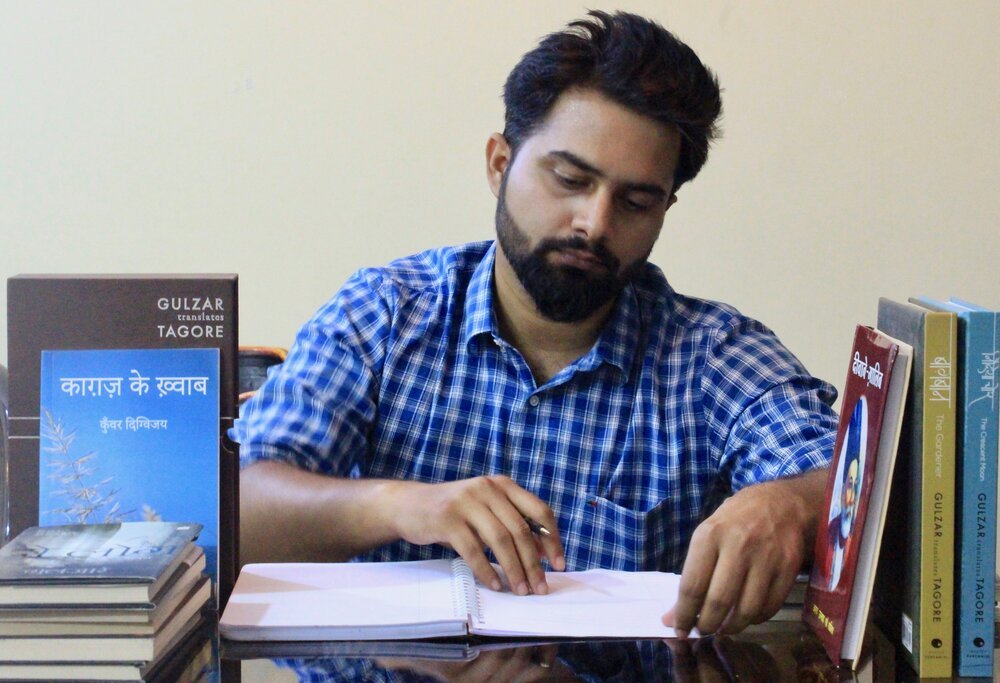THE FOLLOWING POEM WAS SELECTED IN WINGWORD POETRY PRIZE 2023 LONGLIST.
Cross that door, evolve.
Step ahead and resolve
miscreations, misunderstandings, misinformed gore,
and tread as you would
if wings grew out of your spine.
Tearing out wide and strong.
Open those gates,
Closed, rusted, pushed aside.
Bust out.
Feel the wind touch your skin,
as you're akin
to the cold winter night.
Each cold hit is like
that bullet in the eye
that left the world blind.
Feel it.
As it flows.
Don't stop,
Don't bow,
Don't deter.
Soak in the air,
and cross every door.
Tell every other,
Time is here, now.
A time like no other.
Where the blue cold beasts
won't stop hunting
even in the summer.
Tell them to gather.
For the floods, the fear,
And the fathomable tear
Of our belonging.
Together,
Slather with ink, voices, and gestures
a new world.
Before your spine falls
and your wings are cut off.
Go on,
it's time to cross that door.





